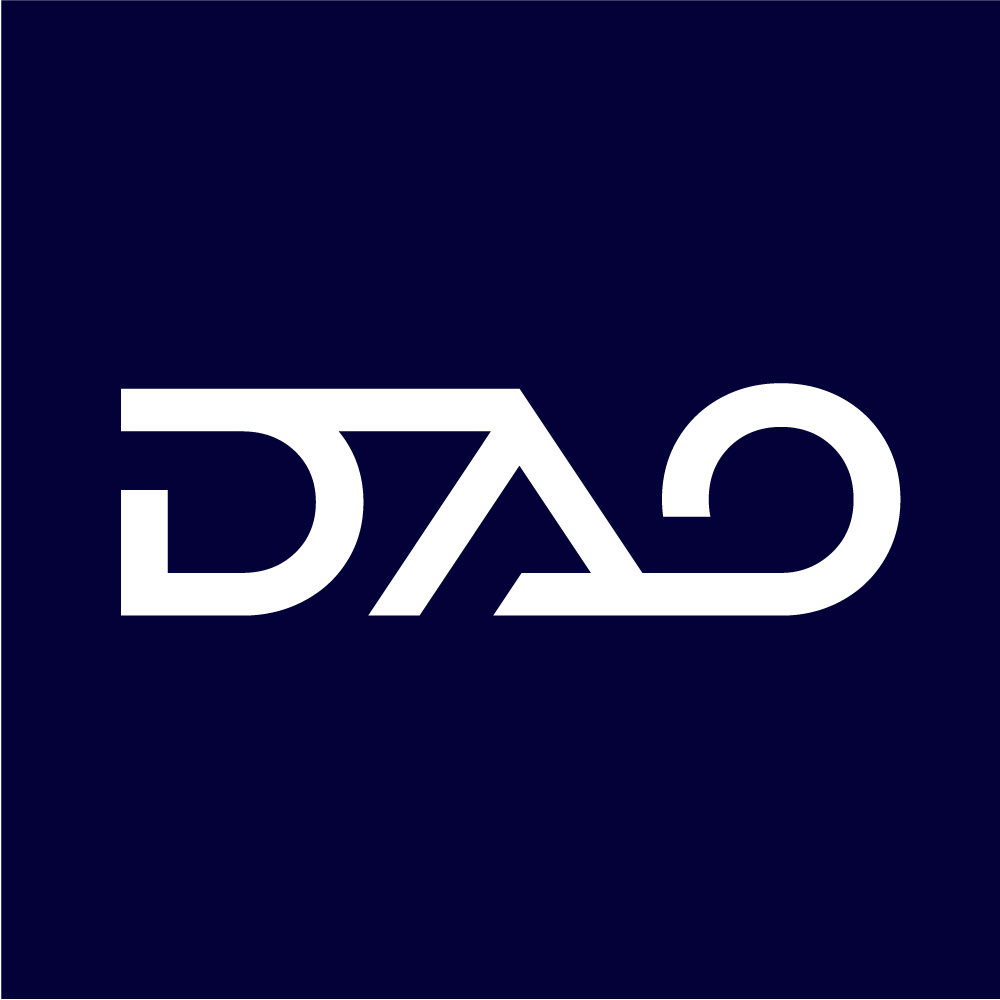FAQ
Q: Blockchain transactions are known to be costly and slow. Then, how can we create convenient games using this technology?
A: DAO.Casino uses IPFS for the game logic. In fact, the game smart contract is not involved in the gaming process. It is used when at the start and at the end (also in case of dispute).
Also note that IPFS storage principle ensures that no third party can tamper with the game logic. Overall, IPFS ensures fair, cheap and fast gambling offchain.
Q: I know that blockchain uses Payment Channels to make transactions cheaper and faster. But, Payment Channels are not suitable for the gambling industry (lack functionality). How is the issue addressed in DAO.Casino?
A: Apart from standards Payment Channels there are State Channels developed for needs of other idustries, in particular, of gambling. DAO.Casino relies on its proprietary State Channel modification called Game Channel.
Q: What are IPFS benefits?
A: IPFS stores content by hash-names excluding any tampering with the game logic. Also, IPFS allows us to implement messaging approach wherer bankroller and player Ethereum account private keys are used (See also an article).
Q: I am an indie game developer not familiar with payment channels, offchain, IPFS technologies. Can I still use the protocol without deploying IPFS and Ethereum nodes on my own?
A: Yes, we have created an integration package that can be added to the game logic script (dc-webapi).
Q: Still seems complicated, integration and testing will take time. Is there a short-cut?
A: Yes, you can use the DAO.Casino SDK. It ensures smooth deployment of the development and testing environment on your local PC.
Q: What are the technologies behind the SDK? How and why they are applied?
A: The SDK relies on tried and tested modern technologies, in particular, Docker, Bash, Node.js, npm, Truffle (boxes: webpack, react, vue), Ganache.
To save your time, core elements of the SDK (bankroller core, sample game, Ganache testing environment) are put into docker containers ready for deployment.
Whenever you change the game logic, webpack updates files at all points where the update is relevant.
Also, you can use our proprietary DC-CLI utility that automates the repository cloning process, calls the installation command and offers you a menu for further steps (basically, commands from scripts in package.json).
Q: What kind of games can be developed on the DAO.Casino solution?
A: Thank you for your question. We have developed the first decetrilized random number generation algorithm for the Ethereum network (customized version of Signidice). This algorithm works for single-step two-player games. Contract templates are available for games like:
- Dice
- Slots
- Wheel of Fortune
- Scratch lottery
- Shell game
But you could also try it for, say, roulette, races
Q: How do I become a bankroller with DAO.Casino?
A: You have to have DAO.Casino BET Token and a deployed bankroller application (see the relevant section for more details). Best to use the DC-CLI. Also, you need access to the game that you want to deploy and support as a bankroller.
Q: Does the SDK support cross platform game engines for integration?
A:At the moment you can use game engines that are focused on HTML5 games. Example: phaser, pixijs, createjs (easyjs), threejs, etc.
Q: I keep getting the following error message:
Error: Cannot find module '/usr/local/lib/node_modules/pm2/lib/ProcessContainerFork.js'
What causes it? How can I fix it?
A: The error is caused by conflicts of environments of different shells. E.g. you first used Fish for installation. If you later switch to Bash for reinstallation, there is still a cached linked to an old record that has no pm2. There for, to resolve the issue, you have to clear the pm2 cache by calling the following command:
rm -rf ~/.pm2
Сервис поддержки клиентов работает на платформе UserEcho

